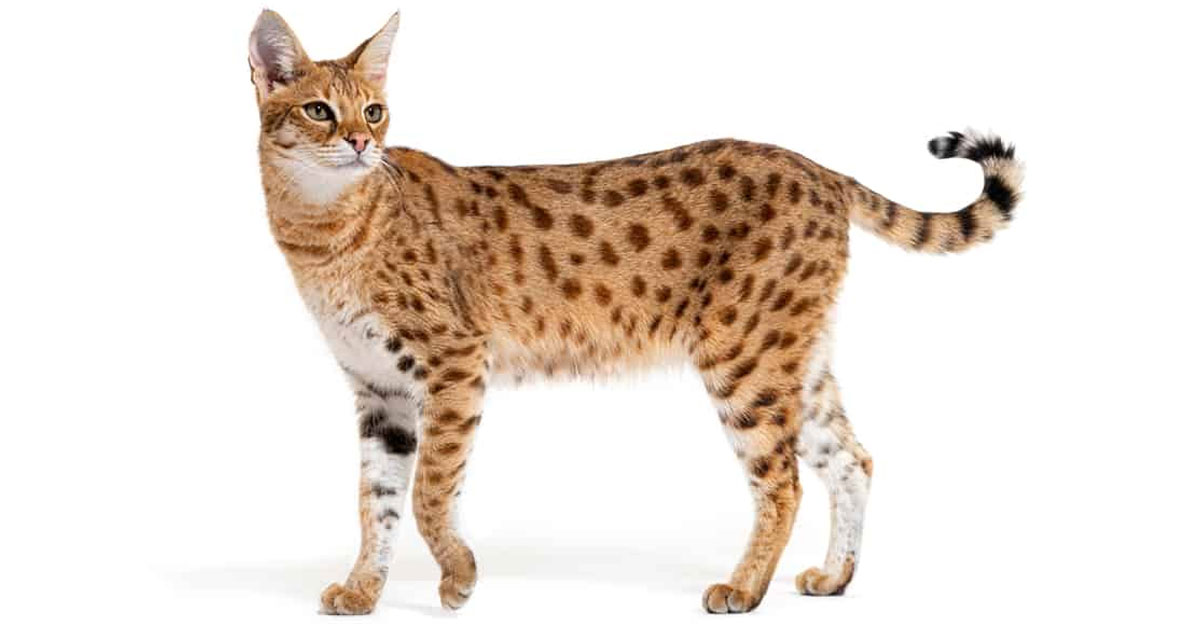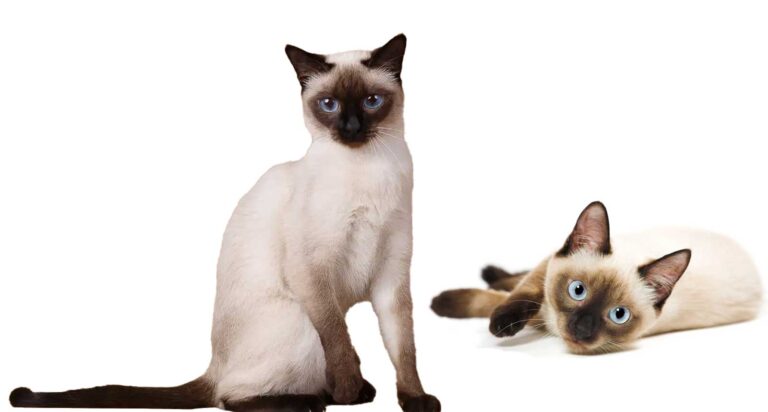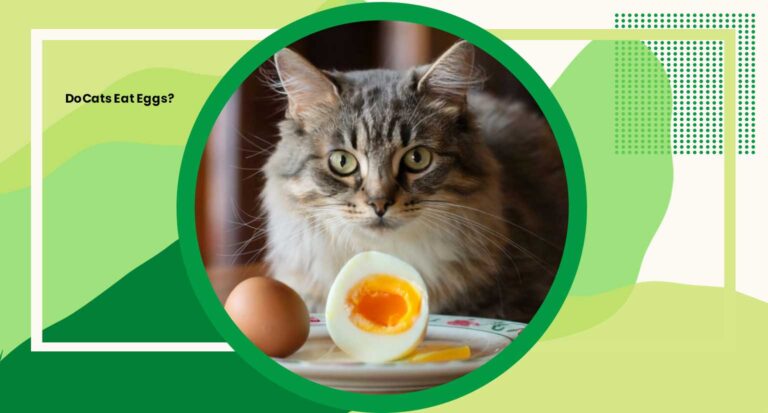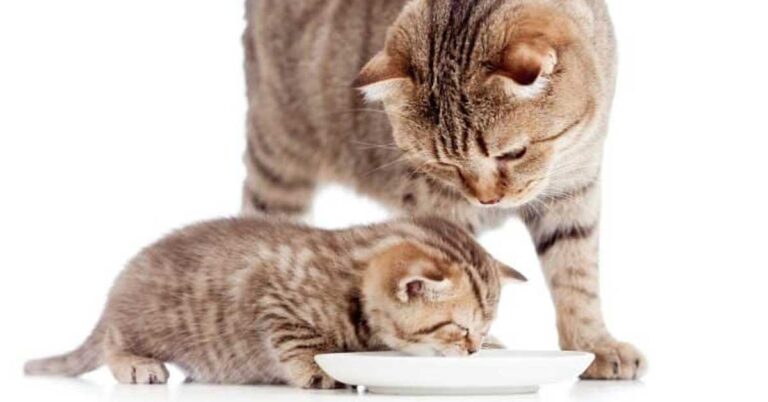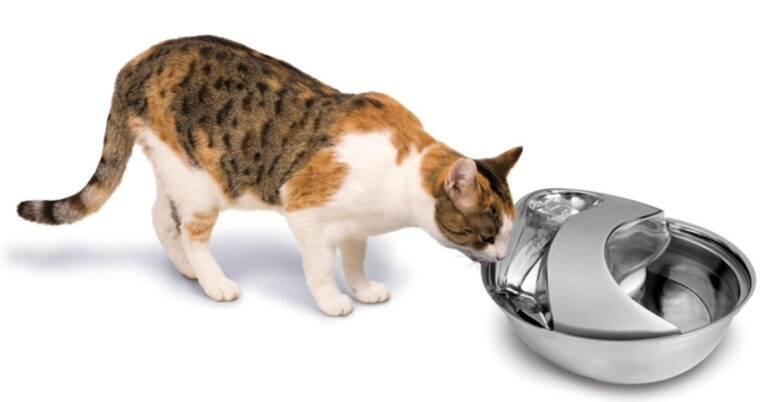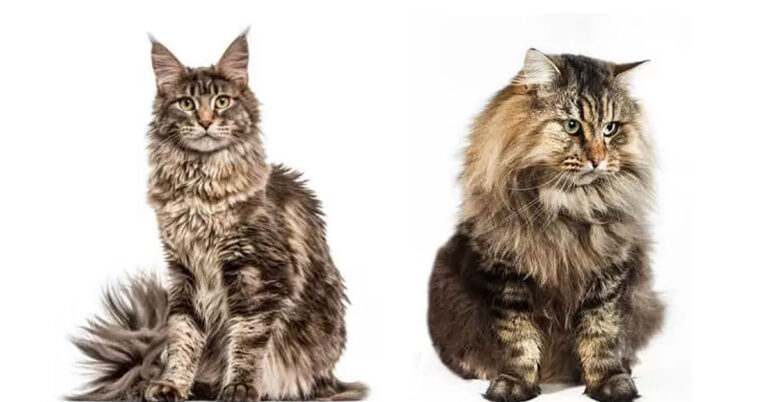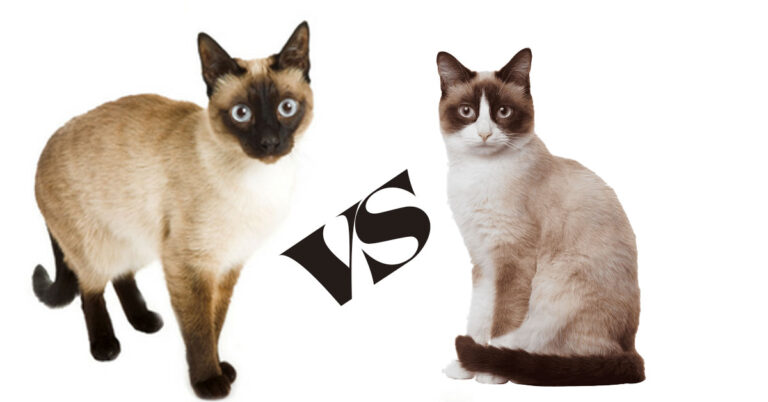savannah cat cost
For the uninitiated, the Savannah cat is a stunning hybrid breed that combines the wild Serval and a domestic cat.
Known for its striking appearance, this breed is as exotic as it sounds, and with that comes a unique price tag.
When considering bringing one of these beautiful creatures into your life, it’s essential to understand the Savannah cat cost.
This cost not only includes the initial purchase price, but also ongoing expenses such as food, healthcare, grooming, and other necessities.
In the following sections, we will delve into the details of the Savannah cat cost, providing you with a comprehensive understanding of what to expect financially.
What is a Savannah Cat?
A Savannah cat is an intriguing mix of domestic and wild feline. This breed originated from the crossbreeding of a domestic cat with an African wild Serval.
The result is an unusually large, strikingly beautiful, and highly intelligent cat. Savannah cats are known for their tall and slim bodies, large ears, and distinctive spotted coats reminiscent of their wild ancestors.
Despite their exotic appearance, Savannah cats generally have friendly, playful, and outgoing personalities, making them popular pets for those willing to invest in their unique care requirements.
However, their size, energy levels, and dietary needs can pose challenges, and prospective owners should be prepared for the commitment they entail.
Why are They Expensive
Savannah cats are expensive primarily due to the unique process of breeding them. The crossbreeding of a domestic cat with a wild Serval is a complex, time-consuming, and costly process that requires specialized knowledge, and often, several generations of breeding to achieve the desired traits.
Furthermore, the rarity of Servals and the specialized care they need contribute to the initial cost.
Additionally, Savannah cats require specific diets, larger living spaces, and more intensive care than most domestic cats, which increases their overall lifetime costs.
Their distinctive appearance, coupled with their rarity, has also made them highly sought after, pushing prices up.
Finally, the fact that they are a relatively new breed and there are only a few breeders who can successfully breed them also contributes to their high cost.
Understanding the Different Price Categories for Savannah Cats
The price of Savannah cats varies significantly depending on their generation, with the closest generations to the wild Serval being the most expensive.
- F1 Savannah Cats: These are the first generation, with a Serval as one parent. They are the largest and most exotic, with prices ranging from $12,000 to $20,000.
- F2 Savannah Cats: These are second-generation cats, meaning they have a Serval grandparent. Prices for F2 Savannah cats typically range from $6,000 to $10,000.
- F3 Savannah Cats: These are third-generation cats with a Serval great-grandparent. They are usually priced between $2,000 and $5,000.
- F4 and Later Savannah Cats: The fourth generation and later are the least expensive, usually priced under $2,000, as they have a smaller percentage of Serval heritage.
Adopting vs Buying a Savannah Cat — A Cost Comparison
Adopting a Savannah cat rather than buying one from a breeder can be a more affordable option, particularly for those on a budget.
Adoption fees for Savannah cats vary widely but are generally much less than purchasing a kitten from a breeder.
Fees may range from $100 to $200, depending on the rescue organization and the cat’s age, health, and generation – a fraction of the thousands you might spend buying from a breeder.
However, it’s important to note that adoption also comes with its own set of expenses.
Though the initial fee is more affordable, you’re likely adopting an adult cat with existing medical records. Depending on these records, there may be additional costs for medical treatment or special diets.
Furthermore, the cost of spaying/neutering, vaccinations, microchipping, and other initial veterinary costs are often included in the adoption fee, but not always.
When buying a Savannah cat from a breeder, the initial cost is significantly higher. However, you have a better understanding of the cat’s background and genetic history, which might result in fewer health issues down the line.
Additionally, breeders often provide initial veterinary care, including vaccinations and deworming, which is included in the purchase price.
Preparing Your Home for a New Furry Family Member
Preparing your home for a new Savannah cat is a crucial step in the adoption or purchase process.
These cats are energetic and need space to roam, so make sure you have enough room for them to play and explore.
Remove any small, fragile objects that could be knocked over and broken. Since Savannah cats are exceptionally agile and love to climb, consider investing in tall cat trees or shelves.
Next, focus on their dietary needs. Savannah cats require a high-protein diet, so plan for a feeding area that accommodates this. A quiet, low-traffic area is best to help them feel safe.
Lastly, prepare a comfortable sleeping area for your new pet. While Savannah cats can sleep anywhere, providing a specific spot with a cozy bed can help them settle in faster.
Always remember that bringing a Savannah cat into your home is a long-term commitment that requires thoughtful preparation.
Budgeting For Supplies When Bringing Home Your New Cat
When you bring your new Savannah cat home, you’ll need to budget for essential supplies to ensure they are comfortable and well-cared for.
Here are some estimated costs for the initial setup:
- Cat Carrier: A sturdy cat carrier is necessary for transportation. This will cost between $20 – $50.
- Litter Box & Litter: A litter box and a supply of litter are mandatory. An initial setup will cost around $20 for the box and $15 – $30 for litter.
- Food & Water Bowls: Dishes for food and water will be around $10 – $20.
- Cat Food: High-quality, high-protein cat food is necessary for Savannah cats. Expect to spend around $30 – $50 per month.
- Cat Bed: A cozy bed will run you about $20 – $40.
- Scratching Post/Cat Tree: To accommodate their love for climbing and need to scratch, a cat tree or scratching post is essential. You’ll spend anywhere from $50 to $200, depending on the complexity of the tree.
- Toys: Savannah cats are playful, so budget for toys at around $20 – $50.
- Grooming Supplies: Brushes, toothbrush and toothpaste, nail clippers, and shampoo will cost approximately $30 – $50.stress.
Tips For Saving Money on Vet Visits and Other Care Costs
To ensure the health and well-being of your Savannah cat without breaking the bank, consider the following tips:
- Preventive Care: Regular check-ups can help catch health issues early, preventing more serious and costly problems down the line. Keep up with vaccinations, deworming, and flea/tick prevention to avoid common pet illnesses.
- Pet Insurance: Consider investing in pet insurance. While there is a monthly premium, pet insurance can cover a significant portion of unexpected medical costs, especially for emergencies or chronic illnesses.
- Routine Grooming: Regular grooming can prevent skin conditions and flea/tick infestations, reducing the need for veterinary treatment.
- Maintain a Healthy Diet: Feeding your Savannah cat a balanced, high-quality diet can boost their overall health, reducing the likelihood of obesity and associated diseases.
- Brush Your Cat’s Teeth: Regular dental care can prevent costly oral health issues. Use a pet-friendly toothpaste and brush your cat’s teeth regularly.
- Spay/Neuter: If not already done, consider spaying/neutering your cat. This can prevent potential health issues related to reproduction and also reduce behavioral problems.
- Shop Around: Prices can vary by vet, so don’t be afraid to price compare. Some vets offer wellness packages that can save you money in the long run.
Conclusion
Adopting or purchasing a Savannah cat is a considerable commitment, both emotionally and financially.
Whether your new furry friend comes from a rescue organization or a breeder, it’s crucial to prepare your home and budget for their arrival.
Remember, these energetic cats require space to roam, climb and play, as well as a high-protein diet.
Regular grooming, preventive vet care, and a good quality of life are key to ensuring your Savannah cat’s health and happiness.
Finally, don’t overlook the potential savings that can be gained from preventive care, pet insurance, and price comparisons.
With careful planning and a loving approach, bringing a Savannah cat into your home can be a rewarding experience.

